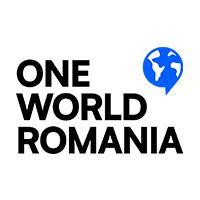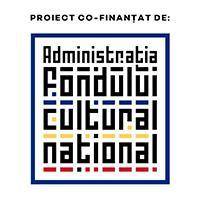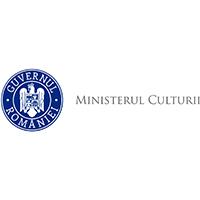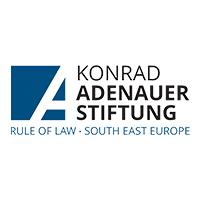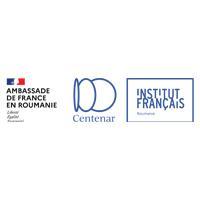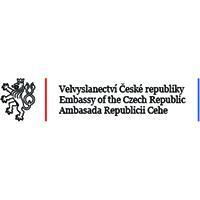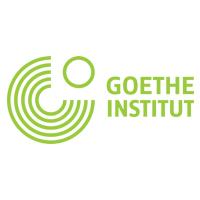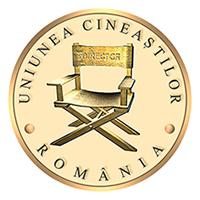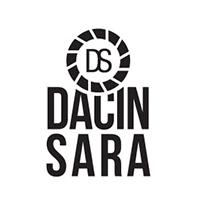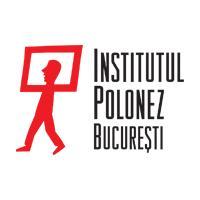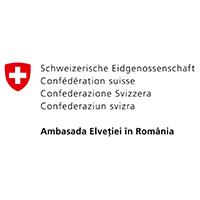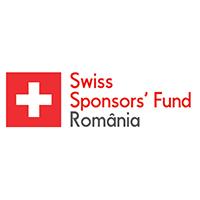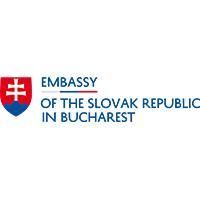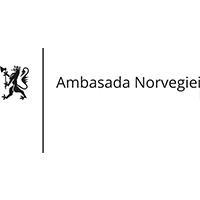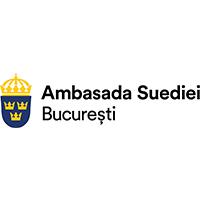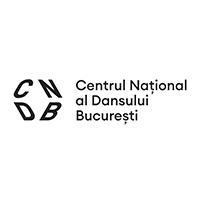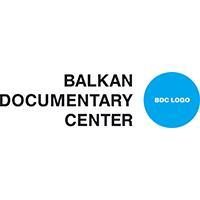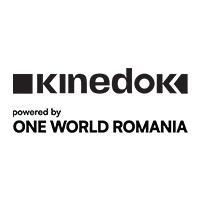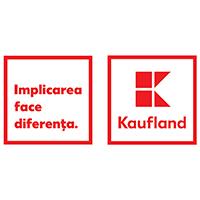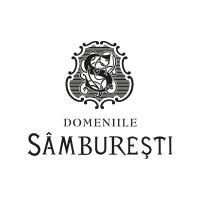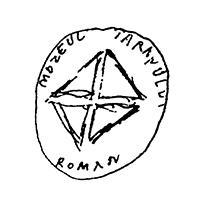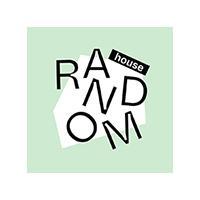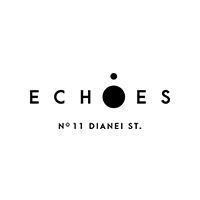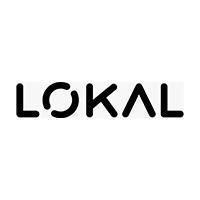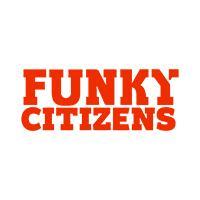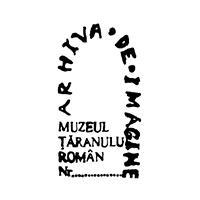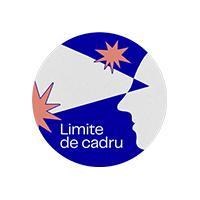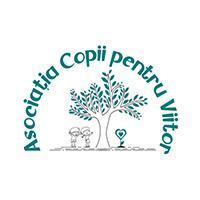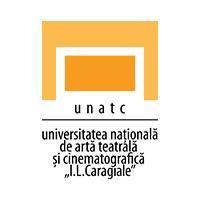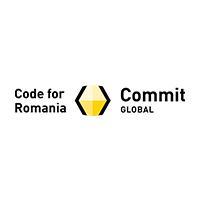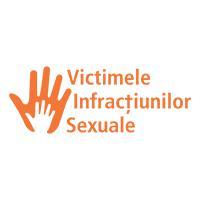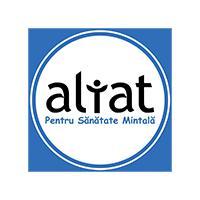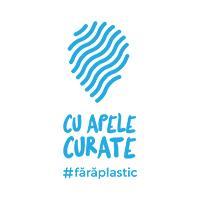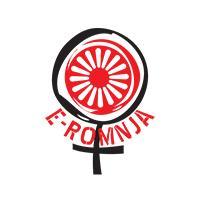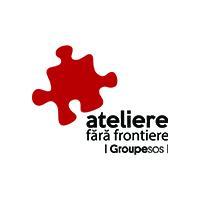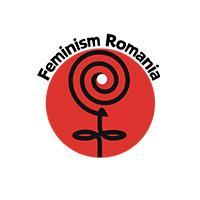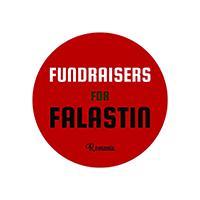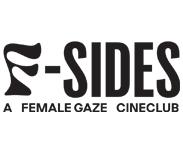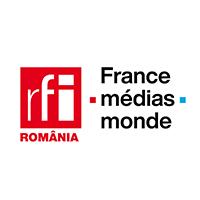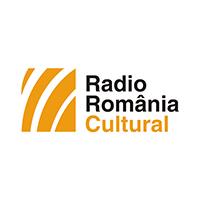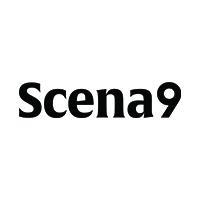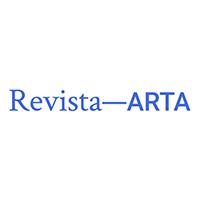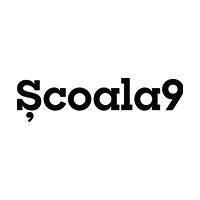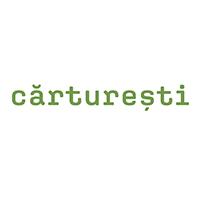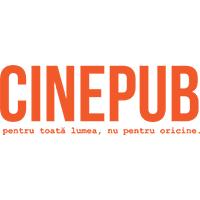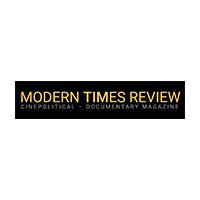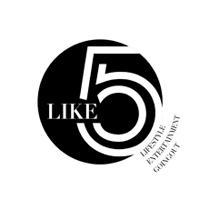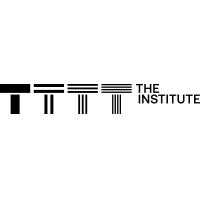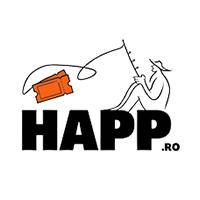Želimir Žilnik is undoubtedly one of the most prominent and provocative directors of socio-political film, the “rebel” of the Yugoslav and post Yugoslav cinema. A deconstructor and a demystifier throughout all his career, from his political stances to the film style(s), with a career spanning over 50 years and over 50 films, Žilnik is not an author and a person that is easy to describe in a short introduction or to do justice through a small retrospective.
All his works circle around the correlation between ideology and society, infallibly focusing on the marginalized people, giving voice to the socially invisible and underprivileged, the fallen angels of the political circumstances and social engineering. Žilnik has been using his position as a public intellectual to the fullest, fiercely questioning authorities and making no opportune compromises.
Visually, his films are disturbing and ironic, raw and real, the camera is dirty and ‘in your face,’ the editing unconventional. His defiant style is rather ‘anti-style,’ the narrative approach of his films is disrupted, often using non-professional actors playing themselves, boldly exploring the border between documentary and fiction, which also became one of his recognizable trademarks. The cinematography of Žilnik is a huge playground where he is stubbornly refusing to submit to the form and using film language as a tool to serve his ideas and political questions, to which he remained loyal and consistent throughout his career.
Life didn’t pamper him. Born in the Nazi concentration camp in the City of Niš (then German-occupied Serbia) in 1942, his anti-fascist partisan parents were killed by the time he reached the age of two and he was raised by his grandparents and his aunt in Novi Sad where he still lives and works to this day.
While studying law in Novi Sad he joined the Cinema club where he got in touch with the local underground film scene and made his first attempts at cinema. He then became Dušan Makavejev’s assistant and very soon under the framework of production company ‘Neoplanta Film’ he made his first short documentaries.
Polemical and nontraditional, these outstanding socio – politically committed films made an essential contribution to the so called Yugoslav ‘New Wave’ (1963 – 1972), that brought novelty to the apathetic cinema language of the time along with notable filmmakers like Dušan Makavejev, Živojin Pavlović, Aleksandar Petrović, Karpo Godina.
Marked by a relative creative and ideological freedom of the artistic scene, the early 60’s were described by Žilnik as “near to normal […] years of peace – you could live, learn, work full abreast without any killing dogmatism running down your spine; Without a sentiment of uneasiness and shame because of the stupidity, kitsch values and self-destruction of the ruling model.”
His first short documentaries ‘Newsreel on Village Youth, in Winter’ (‘Žurnal o omladini na selu, zimi,’ 1967), ‘The Unemployed’ (‘Nezaposleni ljudi,’ 1968), ‘Little Pioneers’ (‘Pioniri maleni,’ 1968) and ‘June Turmoil’ (‘Lipanjska gibanja,’ 1968) dealing with poverty, unemployment, migration and homelessness were done in a political sensitive period when Europe was hit by important events - namely the 68’ protests and the Soviet occupation of Czechoslovakia, when Yugoslavia fought strongly to show its clear attitude as the non-alignment movement leader to the world.
Despite some film critics’ irritation and even president Tito’s criticism of these “modernist works, which have nothing to do with art as such, and even less with our reality,” the Yugoslav apparatus tolerated for some time the rebellious, dissident ‘New Wave,’ attempting to differentiate itself from the harsh Soviet standards and to maintain the image of the ‘new society’. But things were about to change.
‘The Unemployed’ (‘Nezaposleni ljudi,’ 1968) was awarded the Grand Prix in Oberhausen, followed by the Special Award for ‘June Turmoil’ (‘Lipanjska gibanja,’ 1969) on the 68’ students protest in Belgrade, while critics back home accused Žilnik of deforming the reality and “criticizing our society through non-filmic means. His first feature film ‘Early Works’ (‘Rani radovi,’ 1969) brought him the Berlin Golden Bear, a lot of media attention, but also his first serious censorship and first court case. After ‘Early Works,’ the media pejoratively named the ‘New Wave’ movement the ‘Black Wave’ for ‘pointing only to the dark sides of society’ and the Yugoslav apparatus decided to monitor it more closely, confiscating as a result all negatives of Žilnik’s new feature ‘Freedom or Cartoons’ (‘Sloboda ili strip,’ 1972) while still in the editing phase.
‘Black Film’ (‘Crni film,’ 1971) is one of Žilnik’s most biting critiques on the social inequalities ignored by the official data of the socialist propaganda, as well as a self-critical questioning of the exploitative dimension of filmmaking and of its power to bring about real change. On the opening night Žilnik read from the stage his manifesto entitled ‘This Festival Is a Cemetery,’ where he pointed at the “worthlessness of abstract humanism, the exploitation of poverty” and the “alleged bravery and socially conscious filmmaking which just represents the ruling fashion of bourgeois cinema.” (‘Black film’ will be screened in the OWR retrospective together with most of the shorts of Žilnik’s early period.)
While the communist party labeled the ‘Black Wave’ filmmakers as enemies and increasingly suppressed the movement, Žilnik was facing not only the censorship of his ‘unacceptable works’, but also complete ostracization. Stripped of his social insurance, thrown out of the filmmakers’ union and cast off by film producers too afraid to be associated with him, Žilnik left in the mid 1970s in exile to West Germany.
Neither the prospect of a cozy position as a dissident, refuged artist in the west, nor the scent of freedom tamed Žilnik’s critical sense, which didn’t spare the social inequalities, the social taboos and the mentality of his new host country.
The recurrent theme of work and migration is present in most of his German films. Starting with ‘Request’ (‘Antrag’, 1974) and continuing with shorts like Inventory (‘Inventur - Metzstrasse 11,’ 1975), ‘Under the Protection of the State’ (‘Unter Denkmalschultz,’ 1975), ‘House Orders’ (‘Hausordnung,’ 1975) his camera is turned towards the Gastarbeiters (immigrant workers) and their precarious living and working conditions.
His critical look didn’t go easy on the German state either. Problematizing the excessive use of force by police and media manipulation around a bank robbery involving the Red Army Faction (RAF) his documentary essay ‘Public State Execution’ (‘Öffentliche Hinrichtung,’ 1974) became the only German documentary to be immediately banned. “They simply wrote a judgement, to the effect of: ‘the film doesn’t understand the circumstances in Germany and should not be shown publicly because it’s presenting our political debate falsely’. So, it was never shown publicly” (Žilnik, 2007). Žilnik was blatantly criticized for his ‘ignorant understanding of the German context’ and even scrutinized and suspected to be a sympathizer of the radical left terrorist group.
His next fiction film ‘Paradise. An Imperialist Tragicomedy’ (‘Paradies. Eine imperialistische Tragikomödie,’ 1976), based on the case of the fake kidnapping of a right-wing politician by a terrorist group was an obvious provocative hint to his banned ‘Public State Execution,’ and subsequently the last drop that spilled over the glass, leading to his deportation back to Serbia.
His early Yugoslav phase, followed by the German one constitute an utterly captivating body of work of a filmmaker who refused to bow down both to the so called Yugoslav ‘soft-socialism’ and to the German ‘liberal democracy’ and also an ironic testimony that none of these systems could handle ‘too well’ uncompromised criticism. (Our public will have the privilege to watch a consistent selection of both work phases including the German films, which curiously disappeared for many decades and were rediscovered just one year ago.)
Shot shortly after his return to Yugoslavia, ‘Market People’ (‘Placmajstori,’ 1977) is a less known, but fascinating short documentary capturing the muddy chaos of the biggest Yugoslav fair between customers and sellers, circus lions and brass bands. This film was produced by TV Novi Sad and shot by Žilnik’s regular cinematographer from the TV phase Ljubomir Bečejski, who later moved to Romania, where he still lives. (‘Market People’ will conclude the German phase slot of the retrospective.)
During the sunset of the Yugoslav socialist experiment, Žilnik found himself a niche of creative freedom on TV in Novi Sad and in Belgrade, authoring dozens of films. He remained faithful to his social focus, giving a voice to incredible characters in forgotten villages or unpopular city boroughs. In his most consistent period from 1977 to 1990, Žilnik further developed his hybrid style in which he blends documentary with fiction and has protagonists playing themselves, paving the way for the new genre of ‘docu-drama’.
In the early 1990s, ethnic nationalism started to take devastating proportions and ‘Brotherhood and Unity’, the official motto of socialist Yugoslavia was drowned in blood during the Balkan war. While the conflict was still raging, Žilnik shot the mid-length performative documentary-drama, ‘Tito Among the Serbs for the Second Time’ (‘Tito drugi put među Srbima,’ 1994), in which he engaged an actor dressed in Tito’s marshal uniform to descend on the streets of Belgrade and see what happened to his people and country after his death. This surreal encounter of past with present immediately attracted rivers of the people and reactions, creating a complex, tragic-comic radiography of the ideological confusion of a country ravished by the consequences of nationalism, economic crisis and war.
In the 2000’s Žilnik turned again the focus on immigrants in his ‘Kennedy’ trilogy about Roma people, who fled the Balkan war in the 1990s to Germany and after 10 years they were forcefully returned back to Serbia. Our retrospective includes the first part of the trilogy: the docu-drama ‘Kennedy goes back home’ (‘Kenedi se vraća kući,’ 2003), highlighting the often racist European policies and the vulnerability and strength of certain people to start over again and again.
‘Old School of Capitalism’ (‘Stara škola kapitalizma,’ 2009) which will be shown in the opening of Žilnik’s retrospective, problematizes the destinies of fired workers in a small Serbian city and the kidnapping of their abusive boss. This semi-fictional work focuses on the worker’s struggles against the privatization of the BEK factories in Zrenjanin, combining documentary footage of the protests with fictionalized narrative. This is one of Žilnik’s emblematic films about the wild transition to capitalism and can stand as a broader allegory of this period, to which we certainly can also draw parallels and relate to.
Žilnik was and still is a lucid chronicler of his times, never shying away from looking with merciless irony and criticism at any system. To make justice in a retrospective to such rich filmography and such an intellectual is not easy, but we want to take a bow to such a filmmaker and bring to our OWR public a consistent selection of films. We aimed to cover most of his creative periods with emblematic or less known films, as well as to give our public the opportunity to engage with him during Q&As and a masterclass session.
(Anca Păunescu)

1968 12' Yugoslavia

1968 13' Yugoslavia

1969 10' Yugoslavia

1971 14' Yugoslavia

1994 43' FR Yugoslavia

1975 9' Germany

1974 10' Germany

1975 11' Germany

1975 12' Germany

1975 9' Germany

1974 9' Germany

1977 30' Yugoslavia

2003 75' Serbia and Montenegro

2009 122' Serbia
